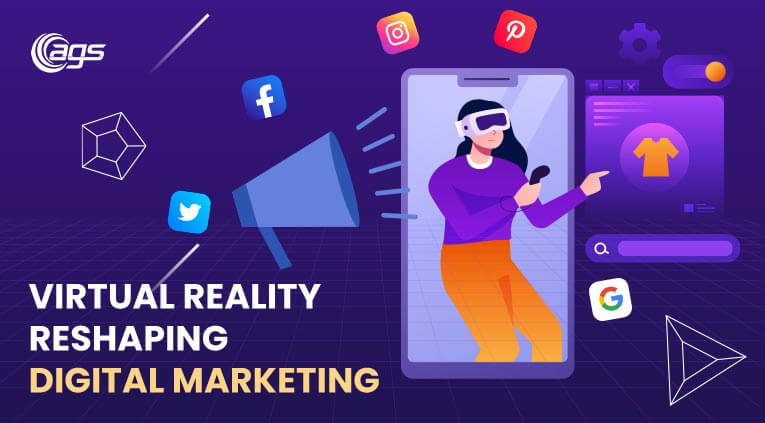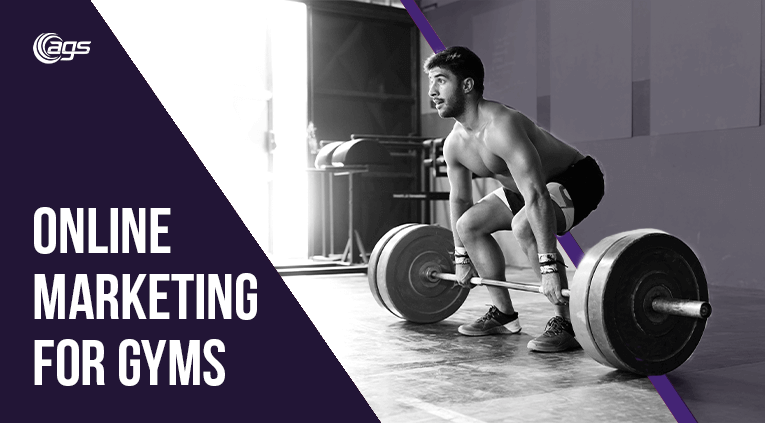Online advertising is getting popular and spreading across like wildfire. With more and more audiences connecting to the web, businesses are finding online advertising a great means of encouraging customers about their products. Moreover, the swift leveraging of online advertising takes your business to a global platform and unveils a massive audience for your brand. Investing in online advertising can be a game-changer depending on your marketing goals.
Are you thinking of spending money on digital marketing? If yes, then you should abreast yourself with the two most popular pricing models in the online advertising domain – CPM and CPC. More precisely, you should get familiar with the difference between CPM vs CPC and learn about which falls perfect for your business.
Auxano Global Services is here with complete information on the difference between the two online advertising pricing schemes and their use cases. Follow along with the article to find more.
🕵️ What is CPC in Digital Marketing?
Cost Per Click is the CPC full form in digital marketing. The CPC pricing model charges money whenever a target customer clicks on your online ad. Merely showing your ad to the audience, without receiving any clicks, does not cost you money. It means that the CPC model does not charge you for generating thousands of positive brand impressions over the target audience.
How Does CPC Advertising Work?
Clicks are the crucial metrics in CPC working and pricing. In CPC marketing, your ad is displayed to several potential customers on the web. As long as the customers do not engage in clicking over your advertisement, you do not pay anything. A single click builds over the payable amount under the CPC scheme.
Calculating the cost of online advertising under the CPC model is fairly simple. Say that your online ad received 1000 clicks in a month, and the CPC charge is 💲10 for your website, then you will end up paying 💲10,000 by the end of the month.
🕵️♀️ What is CPM in Digital Marketing?
Cost Per Mille is the CPM full form in digital marketing. In Latin, ‘Mille’ refers to a thousand. So, CPM has something to do with the thousand. CPM is the online advertising pricing model wherein you are charged for generating 1000 impressions on the web through the ads. CPM is often referred to as the Cost Per Thousand as well.
How Does CPM Advertising Work?
CPM deals with the number of impressions generated by your ad. Even the views on the ad containing pages integrate to the final amount payable for CPM marketing. Let’s say that the CPM charge for your ad is 💲10. In a month, you received 1000 page views, meaning that 1000 people viewed your ad. So, the cost of CPM advertising becomes equivalent to the product of 💲10 and 1000 impressions, which is a total of 💲10,000 in a month.
🕵🏻 Difference Between CPC and CPM
Both CPC and CPM have their perks and demerits depending on your marketing goals. While CPC charges you only when someone clicks on your ad, CPM builds up the cost for showing your ad to the customers even. Generating impressions is free of cost for the CPC model.
It means that CPC provides chargeless indirect sales by displaying your ad to the audiences. Unlike CPC, impressions are expensive under CPM pricing. The CPM advertising asks for an impression-based amount against a fixed charge whenever a customer views your ad.
Although impressions are non-chargeable in CPC, it entails some significant disadvantages. If the number of ad clicks keeps getting lower and lower, the CPC algorithms will stop showing your ad to a large audience network.
So, you will end up witnessing lower indirect sales even. On the other hand, CPM ensures that a mass of the audience views your ad at least. At some point, when your ad doesn’t receive many clicks, you might feel that CPM has a higher average cost of online advertising than CPC.

🤔 Which is Better for Your Business?
You cannot decide a winner in the CPC vs CPM battle without keeping your marketing goals in the foreground. If your products are compelling enough to encourage impulsive sales right after clicking on your ad, CPC might be a great online advertising campaign for your business.
However, if your business deals with expensive goods and courses, the clicked-over ads might not convert rapidly, and take more time. So, CPC marketing sounds expensive for such a business. You can proceed with CPM instead. Since your business relies on indirect sales, CPM will promote impressions that convert into sales afterward.
Digital marketing has a lot in store for your business. Choosing among the two alternatives, CPC and CPM depends on your business and the goals solely. Before moving on with anyone, clear out the notion about the type of your business, the entertainable audience, and the expected marketing outcomes.
Based on all these factors, you can make the best decision for your business. Now that you know about the difference between CPM and CPC, making informed marketing decisions will be a cakewalk for you.

The concepts of online advertising are vast and overwhelming. Sometimes, even after having a clear picture of the business, it becomes difficult to decide the highest converting model beforehand.
In other words, online advertising and predictions demand experience and expertise in the industry. If you are still confused about CPM, CPC, and digital marketing, get in touch with our expert marketers. Auxano Global Services ensures to bring in what’s best for your business, Contact us now
Frequently Asked Questions
-
1. What is CPC in digital marketing?
Cost Per Click is the abstract form of CPC. The CPC pricing model charges money whenever a target customer clicks on your online ad. Merely showing your ad to the audience, without receiving any clicks, does not cost you money.
-
2. What is the difference between CPC & CPM?
CPC charges you only when someone clicks on your ad, CPM builds up the cost for showing your ad to the customers even. Generating impressions is free of cost for the CPC model and it provides chargeless indirect sales by displaying your ad to the audiences. Unlike CPC, impressions are expensive under CPM pricing.
-
3. Which is better between CPC vs CPM for small businesses?
If your products are compelling enough to encourage impulsive sales right after clicking on your ad, CPC might be a great online advertising campaign for your business. If your business relies on indirect sales, CPM will promote impressions that convert into sales afterwards.
-
4. What to consider before online advertising?
The concepts of online advertising are vast and overwhelming. Online advertising and predictions demand experience and expertise in the industry. Before moving on with anyone, clear out the notion about the type of your business, the entertainable audience, and the expected marketing outcomes.
-
5. Is online advertising effective?
Online advertising is also known as Internet advertising or web marketing. It is a kind of marketing to convey the brand message to customers and increase sales. Online advertising is effective to increase brand awareness, boost web traffic, and generate ROI.
-
6. Which is the Best digital marketing company?
Auxano Global Services is a top digital marketing company having a vast portfolio in various niches. Our dedicated SEO and digital marketing experts have ample expertise in SEO and digital marketing services. We offer SEO services, competitor analysis, social media marketing, content marketing, email marketing, rich content, keyword tracking and improving results.
-
7. Where can I go for more information about CPC and CPM?
To know more about CPC and CPM or our digital marketing services and to hire digital marketers, contact us at admin@auxanoglobalservices.com or can call us at +1.209.736.5046.

![CPM vs CPC: What's The Difference? [2021]](https://www.auxanoglobalservices.com/agsresources/wp-content/uploads/2021/03/Banner-The-Difference-Between-CPM-and-CPC.webp)


